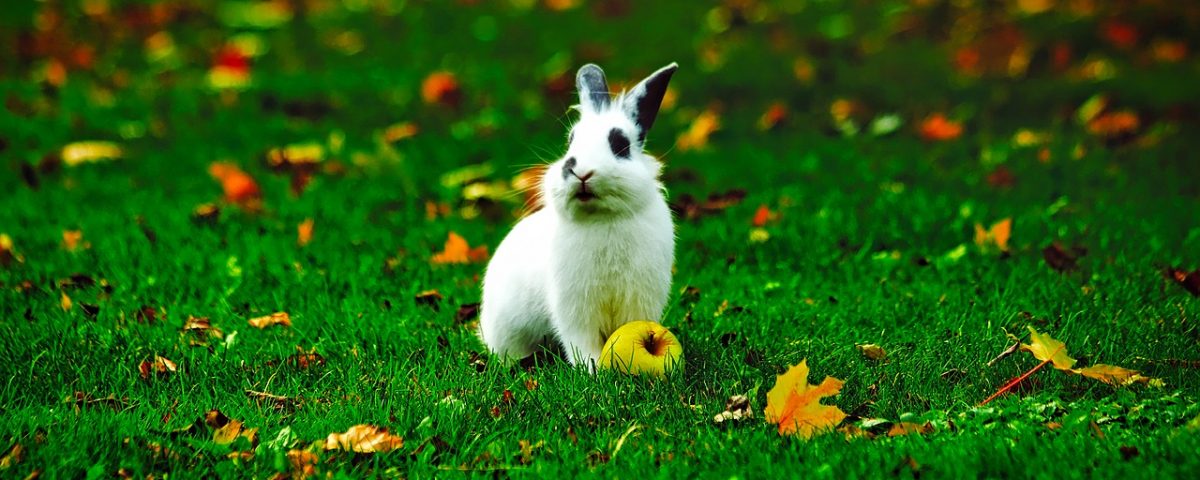
VDOT Unveils I-66 Express Lanes Website
September 27, 2017
Kindergarten Registration
January 19, 2018Take Care Of Your Lawn For Next Year Now

Fall is often associated with cool weather, hayrides, and pumpkin-flavored goodies. But it is also the best time of year to fertilize your yard and give it the best chance to thrive next spring and summer.
Here are some tips from the Northern Virginia Soil and Water Conservation District.
Why Now?:
Timing is everything when you apply fertilizer.
Fall is the best time. It’s when the roots that will sustain the plants through the following summer are actively growing. Sooner is better. Effective lawn feeding after Thanksgiving often is hampered by wintry conditions, when precipitation will wash the fertilizer into local streams, contributing to waterway pollution.
Spring fertilizing is not particularly helpful for your lawn. It encourages leaf growth at the expense of root development. It also feeds weed species and can lead to disease and insect problems later in the season. In addition, you will have to mow the lawn more frequently. If you must fertilize in the spring, limit it to a light feeding (0 phosphorus) after the initial flush of growth has subsided in May.
Never fertilize in the summer. Most lawn grasses in our area are cool season species, which go dormant during the heat of the summer.
Soil Matters:
Before you fertilize, test your soil to learn what, if anything, it needs. The most common need in this area is lime because most soils in Northern Virginia are acidic and lime helps to neutralize the acidity. A balanced pH will improve the absorption of nutrients, encourage thatch decomposition and benefit soil microorganisms, all of which are essential to the soil’s health and fertility.
Lime can be applied to your lawn area any time of the year. However, because it takes several months to be fully incorporated into the soil, it is best to apply it in the fall. For turf, pelletized limestone is preferable to pulverized limestone. The pellets spread more evenly with less dust.
For just $10, the Virginia Cooperative Extension will analyze your soil sample and return the results to you. Pick up a soil test kit at any Fairfax County Public Library or at the Virginia Cooperative Extension on the 10th floor of the Pennino Building. Another resource is Home Turf: a Healthy Virginia Lawns program.
Mowing Your Yard:
One common mistake with lawn care is mowing your grass too short. It is best to set your blades for a mowing height that will remove only the top one-third of the grass blade. Higher settings allow the grass to compete effectively with lower-growing weed species. Higher growth also shades the ground from the sun, reducing moisture requirements. If you have a small lawn, consider using a manual-reel mower. It saves energy, reduces pollution and burns calories, too!
Also be sure to keep your mower blades sharp to produce a cleaner cut that slices through grass rather than pulling it by the roots. A sharp blade will give your lawn a more uniform appearance. In addition, sharp blades help extend the life of your mower because the engine will not have to work as hard to produce the same results.
After you cut the grass, let the turf clippings lie on the yard since they are mostly composed of the grass’s leaf tissue and reduce decompose rapidly. Clippings left on the lawn will contribute a substantial amount of nitrogen and other nutrients to the soil and reduce fertilizer requirements.
Supplement your mowing by using healthy lawn care practices. If you use pesticides, apply only to the area that is affected by the pest.
Choosing a Lawn Care Company:
If you decide to leave lawn care to the professionals, carefully research a company’s methods of operation. Some questions to keep in mind include:
- Does the company offer a variety of pest management approaches from which you may choose?
- Does it apply pesticides on a regular schedule regardless of need or does it limit pesticide use to only when needed?
- Does it evaluate and treat your lawn as a single entity or does every lawn get the same treatment?
- Does the company routinely combine fertilizer and pesticides in each application?
Directory of Virginia Green and Clean Lawn Care Companies
More Information:
- Visit the Northern Virginia Soil and Water Conservation District website.
- Read an online chat from one of our master gardeners.
- Learn more about the master gardeners.
- View lawn and garden publications from the Virginia Cooperative Extension.
- Use a fertilizer calculator.




